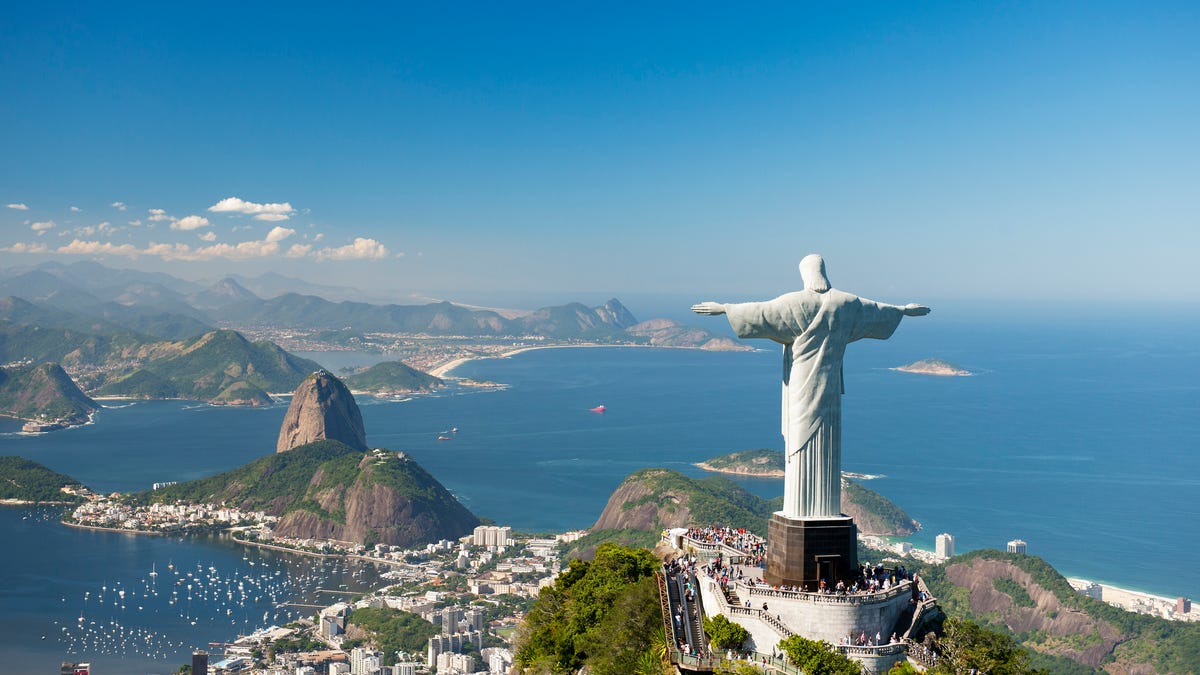Zika makes Olympics too dangerous to hold now in Rio, scientists tell UN
More than 100 health experts and scientists call on the UN's World Health Organization to move or delay this year's summer Olympics.

This year's Olympics are scheduled to take place this August in Rio de Janeiro.
Scientists are warning that the Zika virus is so dangerous, it would be unethical to allow the Rio Olympics to proceed as planned this August.
More than 100 doctors, researchers and health experts from around globe signed an open letter published Friday urging the United Nation's World Health Organization to either move the summer games from Rio de Janeiro or to delay them, saying they are concerned about the virus' potential impact on global health.
"The Brazilian strain of Zika virus harms health in ways that science has not observed before," they wrote. "An unnecessary risk is posed when 500,000 foreign tourists from all countries attend the Games, potentially acquire that strain, and return home to places where it can become endemic. Should that happen to poor, as-yet unaffected places (e.g., most of South Asia and Africa) the suffering can be great. It is unethical to run the risk, just for Games that could proceed anyway, if postponed and/or moved."
The letter listed seven key causes for concern, including Rio's unsuccessful mosquito-killing program (Zika is spread by mosquitoes and by sexual intercourse) and a local health system that's "so severely weakened as to make a last-minute push against Zika impossible."
The Rio Olympics is scheduled to run August 5 to 21, and more than 500,000 foreign tourists are expected to attend the games.
Earlier this month, the WHO issued a statement warning Rio visitors about the Zika virus and encouraging them to follow protocol, such as protecting themselves from mosquito bites, practicing safer sex and staying in air-conditioned accommodations. The statement stopped short, however, of discouraging people from attendingor advising the Olympic Committee to rethink the event.
The scientists cite precedents for postponing the games. World War I prevented the 1916 Olympics, while World War II canceled both the 1940 and 1944 Olympics. According to the letter, major sporting events have also been moved because of diseases, "as Major League Baseball did for Zika, and the Africa Cup of Nations did for Ebola."
Professor Amir Attaran, who signed Friday's letter, published a report earlier this month in the Harvard Public Review arguing that the people returning from the games could escalate the Zika health crisis in Brazil to a "full-blown global health disaster."
Neither the WHO or the International Olympic Committee didn't immediately respond to requests for comment.
Corrected at 8:36pm PT: The 2016 Rio Olympics will run from August 5 to August 21.

